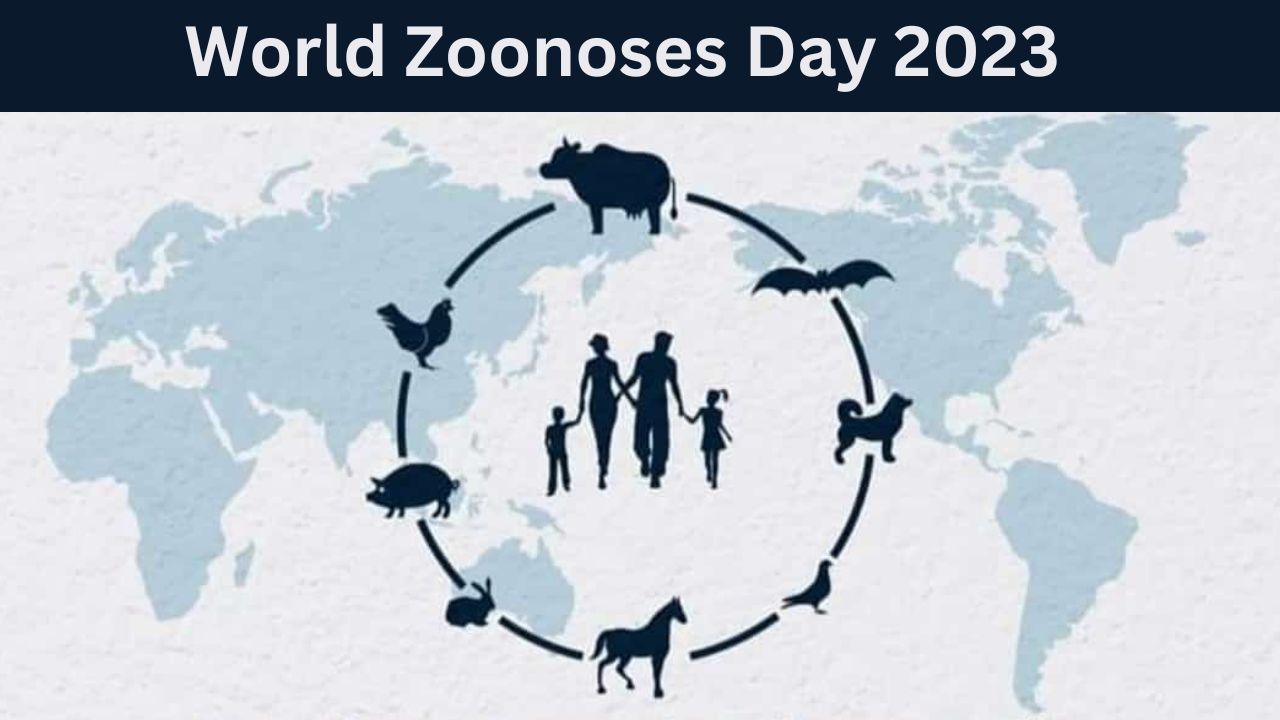Zoonotic diseases encompass a wide range of illnesses caused by bacteria, viruses, parasites, and fungi. They can be transmitted through direct contact with infected animals or their bodily fluids, consumption of contaminated food or water, or exposure to vectors such as ticks and mosquitoes. Some well-known zoonotic diseases include rabies, Ebola, avian influenza, Lyme disease, and COVID-19.
India faces a significant burden of zoonotic diseases, with a high number of reported cases each year. Zoonoses account for a considerable proportion of infectious diseases in the country.
1. Rabies: Rabies is one of the most prominent zoonotic diseases in India. The country accounts for a significant number of global rabies cases. Stray dog bites are a common cause of rabies transmission.
2. Leptospirosis: Leptospirosis is another prevalent zoonotic disease in India, particularly in regions with heavy rainfall and flooding. Contaminated water and contact with infected animals are common modes of transmission.
3. Avian Influenza (Bird Flu): India has experienced sporadic outbreaks of avian influenza, primarily affecting poultry birds. However, cases of transmission to humans have been reported in the past.
4. Tuberculosis (TB): Although TB is not strictly a zoonotic disease, there is evidence of zoonotic transmission of Mycobacterium bovis, a strain of TB, from animals to humans in India. Cattle and buffalo are known reservoirs of this strain.
5. Brucellosis: Brucellosis is an underreported zoonotic disease in India. It primarily affects livestock and can be transmitted to humans through contact with infected animals or consumption of contaminated dairy products.
6. Nipah Virus: Nipah virus, a zoonotic disease that causes severe respiratory and neurological symptoms, has sporadically affected India. Fruit bats are the natural reservoir for this virus, and transmission to humans has occurred through direct contact with infected bats or consumption of contaminated fruits.
Prevention and Control
Preventing and controlling zoonotic diseases necessitate a multi-pronged approach. This includes implementing surveillance systems to monitor disease outbreaks in animals and humans, promoting responsible animal husbandry practices, enhancing veterinary public health programs, improving hygiene and sanitation standards, and conducting research to better understand the dynamics of zoonotic diseases. Vaccination campaigns, public education, and raising awareness about zoonoses are also crucial components of prevention and control efforts.
World Zoonoses Day provides an opportunity to educate communities, policymakers, and healthcare professionals about the risks associated with zoonotic diseases. It encourages dialogue and collaboration between experts from different disciplines to address the challenges posed by zoonoses effectively. The day serves as a platform to share knowledge, exchange best practices, and advocate for policy changes that prioritize zoonotic disease prevention and control.

 Every year on July 6th, the world commemorates World Zoonoses Day to raise awareness about the risks and impact of zoonotic diseases. Zoonoses, or zoonotic diseases, are infectious diseases that can be transmitted between animals and humans. These diseases have the potential to cause severe illness, economic losses, and even fatalities if not adequately addressed. let’s shed light on the significance of World Zoonoses Day and the importance of preventing and managing zoonotic diseases.
Every year on July 6th, the world commemorates World Zoonoses Day to raise awareness about the risks and impact of zoonotic diseases. Zoonoses, or zoonotic diseases, are infectious diseases that can be transmitted between animals and humans. These diseases have the potential to cause severe illness, economic losses, and even fatalities if not adequately addressed. let’s shed light on the significance of World Zoonoses Day and the importance of preventing and managing zoonotic diseases.









.jpeg)











.jpg)








